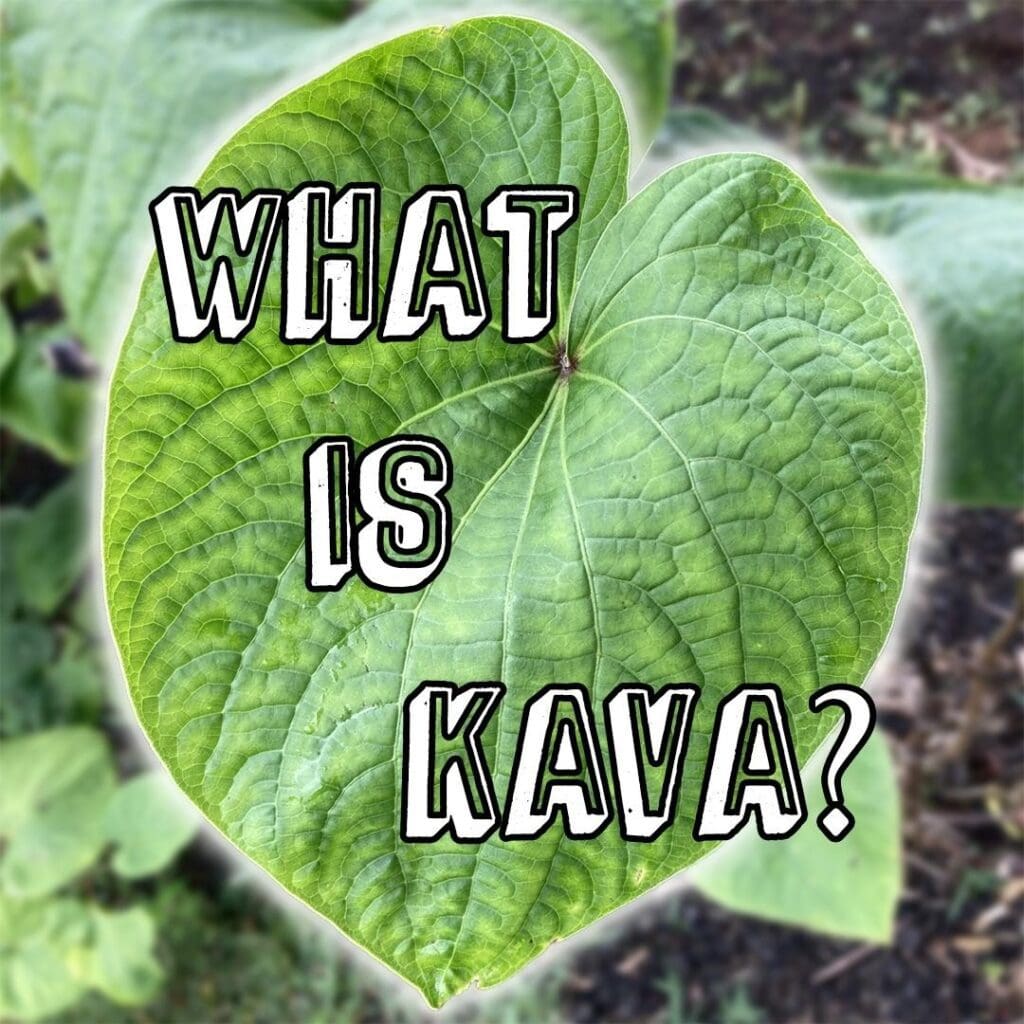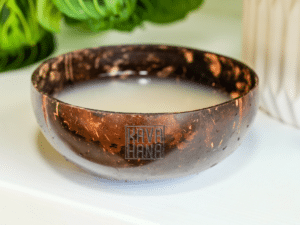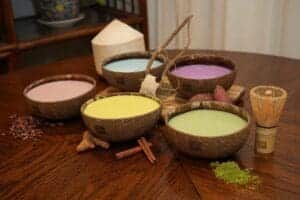Welcome to Kavahana, the first Kava Bar in Los Angeles, California! Opening in summer 2023, we invite you to discover the rich history and unique culture surrounding kava, a plant native to the South Pacific and a relaxing beverage made from its roots. In our first post, we’ll explore the world of kava and its benefits, as well as introduce you to Kavahana.
The kava origin story – in short
Kava has been used for over 3000 years by the inhabitants of Oceania. Domesticated from wild kava (piper wichmanii), modern kava is a sterile plant reproduced by stem cuttings. The plant’s active compounds, known as kavalactones, are responsible for its psychoactive and medicinal effects.
Kava’s effects and cultivars
Kava’s effects vary depending on factors such as age, cultivar, form, and method of consumption. Generally, it produces relaxation and mild cheerfulness without impairing mental clarity. Kava first induces mental relaxation and alertness, followed by muscle relaxation, sedation, and sleepiness.
There are many kava cultivars, belonging to two main groups: ‘daily use’/’noble’ and ‘two day’ kavas. Noble kava is considered safe for daily consumption and is the only type of kava consumed by Pacific Islanders on a routine basis.
Why drink kava?
Kava has been consumed for thousands of years (yes, thousands!) for medicinal, social, cultural, political, recreational, and ritual purposes throughout Melanesia and Polynesia. Today, non-islanders are increasingly embracing kava as a healthier alternative to alcohol, a remedy for anxiety, stress, and insomnia, or as a cultural practice connecting them to the South Pacific.
Kava culture and preparation
There is no single kava culture or method of preparation, with various practices existing across Oceania. Kava’s taste is generally bitter, with some varieties offering a milder or slightly sweeter flavor. It is common to use chasers between servings to offset the bitterness. Not to get too technical, but let’s nerd out on the term. The name “kava” originates from the Proto-Oceanic term “kawar”, referring to a “bitter root” or “potent root.” This term might also be related to the reconstructed “wakar” (found in Proto-Oceanic and Proto-Malayo-Polynesian languages). In certain languages, such as Māori kawa, the term has evolved to signify “bitter,” “sour,” or “acrid” in taste. So… Kava is a bit bitter – but don’t let that keep you away from the amazing plant!
Is kava addictive or dangerous?
Kava is not addictive and, when consumed as traditional noble kava roots, it is safe for healthy adults. However, caution should be taken with non-traditional forms or products containing additives, as these may pose risks. Kava may interact negatively with certain medications or recreational drugs, so consult your doctor before use.
Medicinal qualities
Kava has been used medicinally for thousands of years (I said it again, thousands!). Today, it is primarily known for its anti-anxiety properties, with evidence suggesting effectiveness in treating sleep disorders, mild depression, and stress. Recent research also indicates potential anti-cancer properties.
Does kava have any side effects?
Noble kava roots have few minor side effects, such as stomach upsets, dehydration, and reversible dry skin. Some users may experience allergic reactions, although this is rare. Kava experts generally recommend against using commercial kava extracts, pills, or tinctures due to concerns about safety and efficacy.
What is Kavahana?
At Kavahana, we are dedicated to providing you with an authentic, fun, and safe kava experience! As we prepare to open our doors in Los Angeles, California we look forward to sharing the unique and enriching world of kava with you!
Tags: define kava, where does kava come from, what is cava bar, kava define, where did kava originate, what is a kava, what os kava







